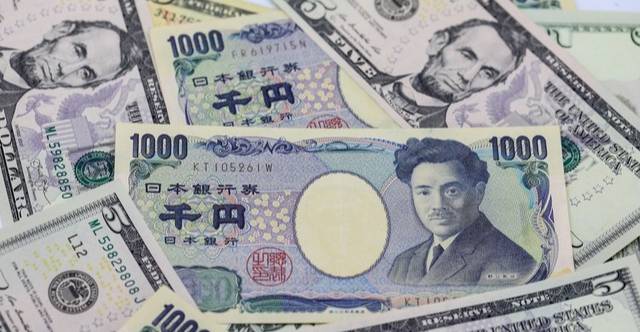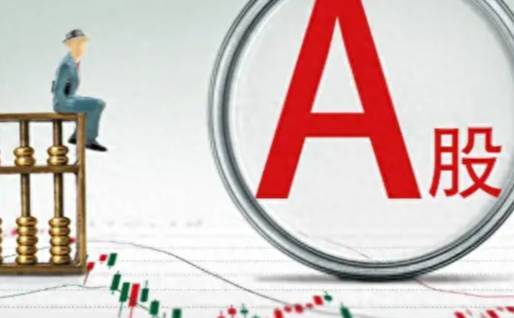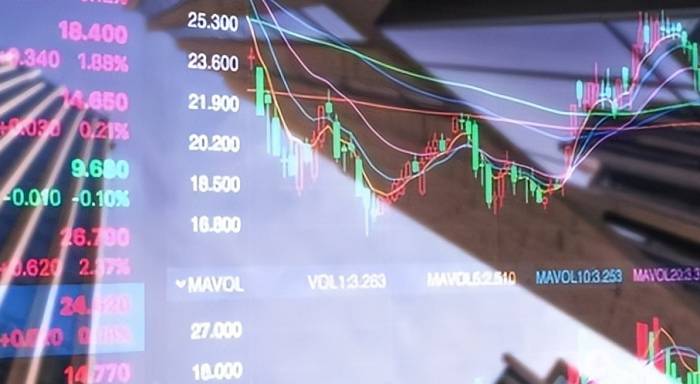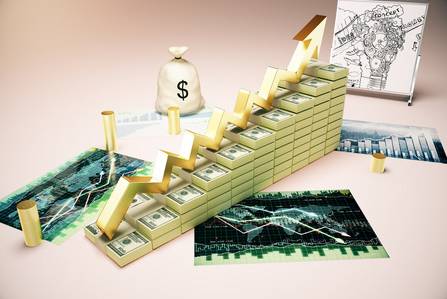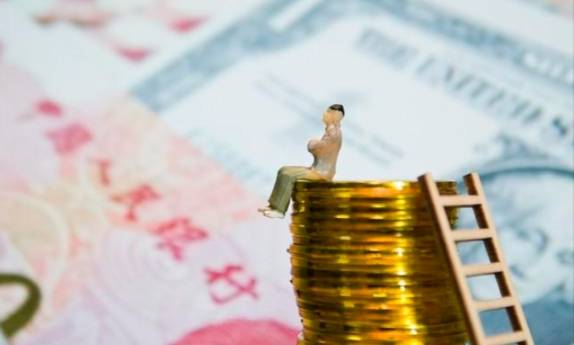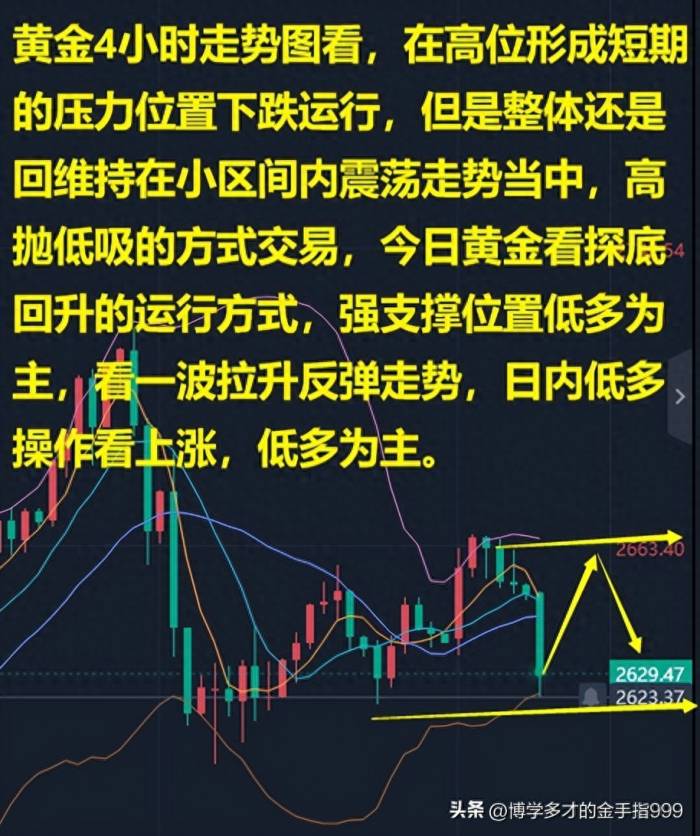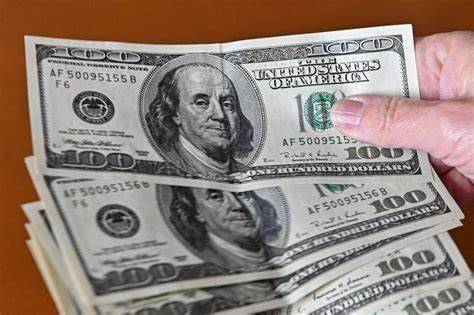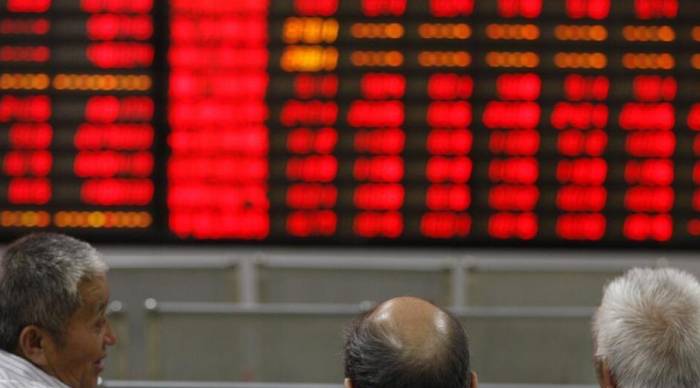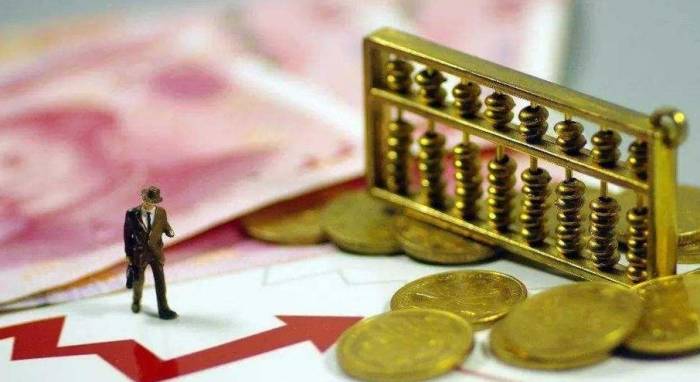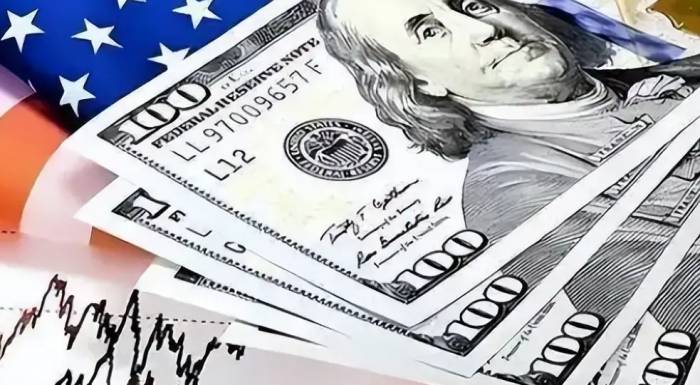Since 2021, China has been on a path to manage the debt risks associated with its financing platforms, while also accelerating the development of new models for real estate and promoting economic growth of high quality. A noticeable concern during this transition has been the issue of idle funds—money that is stagnating without being put to productive use. In response, the People’s Bank of China (PBOC) has taken proactive steps to guide financial institutions towards a more balanced credit allocation, successfully eliminating excess liquidity and enhancing the quality and stability of credit, despite facing some pressures. As the macroeconomic landscape has evolved, the PBOC has continuously reformed and updated its monetary policy framework. Notably, the reliance on unilateral liquidity tools, such as the Medium-term Lending Facility (MLF), has diminished, while bilateral liquidity tools, exemplified by open market operations involving government bonds, have been on the rise. This shift has notably boosted the PBOC's capacity to manage liquidity within the interbank market.
The reforms in monetary policy have led to a new characteristic in the interbank liquidity market that can be described as “loose yet tight.” A closer examination of the fluctuations in funding rates since July 20, 2024— the date of the PBOC's first interest rate cut of the year—demonstrates this phenomenon. Historically, fluctuations in funding rates were relatively routine, with significant spikes occurring around periods such as the end of the quarter, month-end, and tax payment periods. However, post-July 20, the volatility in funding rates has notably increased, even during periods that do not coincide with these milestones, indicating an evolving liquidity landscape.
This trend appears closely linked to changes in the PBOC's liquidity injection mechanisms initiated in July. Over the past months, the bank has implemented a series of innovations regarding its open market operations, including expanding government bond transactions, promoting buyback repos, and introducing the Securities, Fund, and Insurance Company Swap Facility (SFISF). Changes in the methods of auctioning for open market operations, along with the transition from MLF to government bond transactions, are believed to have significant impacts on liquidity characteristics.
For instance, on July 22, the PBOC adjusted the auction method for its seven-day reverse repos to a fixed rate, quantity-based auction. This shift from price-based auctioning means that the volume of funds injected daily is less predictable, potentially giving rise to fluctuations in funding rates where some days feel decidedly loose, while others feel quite tight.
Moreover, as of the end of August, the PBOC added a new section on its website dedicated to open market bond trading operations, announcing on August 30 that it had purchased short-term government bonds while selling long-term ones, with a net purchase of 100 billion yuan worth of bonds throughout the month. This increase aligns with directives from the Central Financial Work Conference to enrich the monetary policy toolset, thereby facilitating more pronounced government bond transactions in open market operations.
The rollout of these new tools not only enhances the PBOC's ability to manage liquidity effectively but can also dampen market expectations regarding liquidity conditions, an important factor contributing to this “loose yet tight” liquidity scenario.
Exploring the changes in auction methods for open market operations illustrates how the fixed rate auctions allowed investors to maintain stable expectations for future liquidity injections. In contrast, quantity-based auctions depend heavily on estimates made by primary dealers regarding liquidity gaps, sometimes leading to over- or underestimation. This very characteristic could easily result in the observed phenomenon where the liquidity feels “tight one day and loose the next.”
Additionally, while the transition from MLF to trading government bonds introduces certain inefficiencies, including lower frequency of transactions and potentially higher costs, it helps provide a medium-term stabilization of excess reserves that support expectations surrounding funding rates. In contrast, bond trading can offer more flexible, high-frequency adjustments to liquidity but may lead to increased short-term fluctuations due to the lack of transparent monthly reporting on operational details.
The new liquidity environment characterized by “loose yet tight” conditions should not be viewed as a failure of liquidity management by monetary authorities; rather, it potentially represents a successful equilibrium achieved by the PBOC as it balances its dual objectives of supporting the real economy and guarding against idle funds.
On one hand, the PBOC has actively lowered the policy interest rate benchmark, consequently leading to a meaningful decrease in funding costs for businesses and households—an essential aspect of its objective to support the real economy. On the other hand, introducing both reverse repos and repos with a tightly controlled interest rate corridor has effectively increased funding rate volatility within a manageable framework. This has had the beneficial effect of curbing the level of leverage within the bond market, thereby reducing the risk associated with idle funds. Since July, the volume of interbank pledged repos has remained relatively stable compared to the same period in 2022, and there has been a reduction in leverage among public bond funds, reinforcing the fact that this “loose yet tight” environment has played a significant role in mitigating the risks of idle money.
In conclusion, the adaptive monetary policy framework that enables the PBOC to fine-tune liquidity management plays a crucial role in reconciling its dual goals of supporting the economy while preventing inefficiencies from excess liquidity. This nuanced management creates a favorable financial environment, essential for ensuring stable economic growth and facilitating high-quality development.
